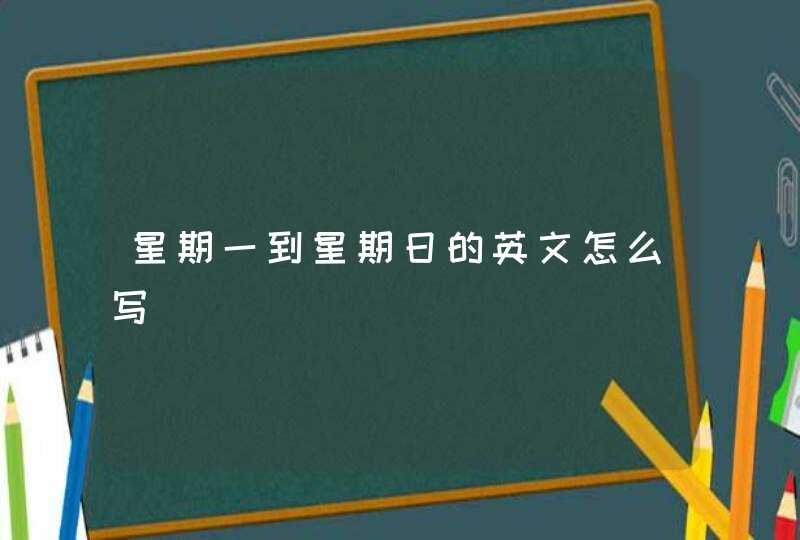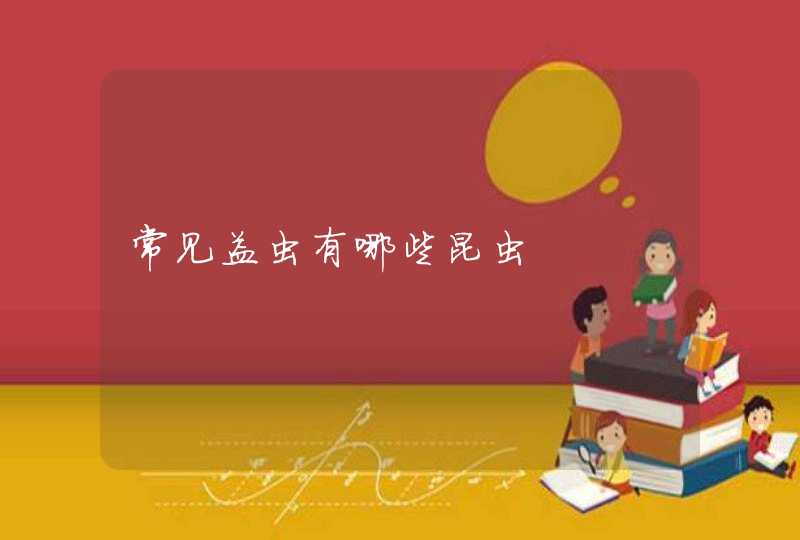but
conj 但是; 而是; 除了; 只因为;
prep 除…以外;
adv 只; 不过; 只是; 另一方面;
n 借口; 推辞; 但是; 反对
双语例句
1 A miracle is something that seems impossible but happens anyway
奇迹就是看似不可能,却发生了。
2 For what do we live, but to make sport for our neighbours, and laugh at them in our turn
我们活着是为了什么?不就是给邻居当笑柄,再反过来笑他们。
3 English has hurt me a thousand times, but I still regard it as my first love
英语伤我千百遍,我待英语如初恋。
4 The happiest are not those who own all the best things, but those who can appreciate the beauty of life
最幸福的人们并不一定什么都是最好,只是他们懂得欣赏生活的美好。
5 But legal experts are not sure if such a charge can stick
但法律专家们不能肯定这一指控是否成立。
6 He waited until all the luggage was cleared, but Paula's never appeared
他一直等到所有的行李都拿走了,但始终没看见葆拉的。
7 Well, so much for the producers But what of the con-sumers
好吧,关于生产商就讲这么多,那关于消费者呢?
8 It's an uphill battle but I think we're going to win
虽然这是一场艰苦的斗争,但我相信我们会取得胜利。
9 Before the race, he is fine But afterwards he is worn out
赛前他状态很好,赛后就筋疲力尽了。
10 The crowd in Robinson's Coffee-House was thinning, but only by degrees
鲁宾逊咖啡屋里的人正在变少,但也只是渐少而已。
作连词,可以连接两个并列成分或两个并列分句,意为“但是,然而”。如:He is young but very experienced他虽然年轻,但很有经验。
作介词,常与nothing, nobody, who, all等连用,意为“除……之外”。如: No one but me saw him 除了我之外,没人看到他。 扩展资料
作副词,意思接近于only,意为“只不过”。如:
She is but a young girl 她只不过是一个小女孩儿。
还需掌握的`一些其他用法:
1)用于表示歉意的话语后,引起一个分句,but本身无意义。如:
I’m sorry, but I think you are wrong when you say she did it willingly
抱歉,你说她情愿做那件事,我觉得你搞错了。
Excuse me, but are you Mr Smith
对不起,您是史密斯先生吗?
2) 用在否定句后,引起一个分句,but意为“每当……总是……”。如:
It never rains but it pours
不下则已,一下倾盆;事情总是接踵而至。
I never go past my old school but I think of Mr Li
每当我经过母校时,总会想起李老师。
3) but for(后常接名词、代词)或but that意为“要不是……”,句子(主句)常用虚拟语气。 如:
But for you, we couldn’t have carried out the plan
要不是你,我们不可能完成那项计划。
John would have helped us but that he was short of money at that time
要不是约翰当时缺钱,他一定会帮助我们的。
4) not thatbut (that)不是……而是……
Not that I don’t want to go, but that I have no time
不是我不想去,而是我没时间。
5) all but 除了……都,几乎,差不多
His letter is all but finished 他的信快写完了。
6) anything but 绝不,远非
He is anything but an honest man 他绝不是个诚实的人。
除以上谈到的外,我们常见的but的惯用法还有:can not help but do 不能不,只能;not onlybut also不但……而且……,等等。
but主要作连词。但它可作介词,副词
but用作介词,表示“除了”意义,相当于except例如:
No one knows him but/except she 除了她,没有人认识她。
I have nothing to do but/except wait for her
I have no choice butexcept to wait for her
but用作副词,相当于only, 常译为“只不过,仅仅”。例如:He finished his homework but ten minutes ago他十分钟前刚完成作业。
but的用法举例 1 连接词或短语It was a sunny but not very warm day 那一天天气晴朗,却不太暖和。He drives not carefully but slowly 他开车不是很小心,而是开得很慢。2 连接句子This isn’t a good one but it will answer 这不太好,但可以将就用。He looks honest, but actually he’s a rogue 他看起来很老实,实际他是一个坏蛋。She has had no answer to him but he gave no answer 我向他说了早上好,但他没有回应。The ice remained, but there was no water underneath 冰还在,但下面却没有水。Mrs Brown was about to begin, but Jennie spoke first 布朗夫人正要开始讲话,珍妮先讲了。At first he was a little shy, but now he acts more natural 开始时他有些腼腆但现在他表现得很自然了。There was a little trouble at first, but things were soon quiet 起初有点小麻烦后来情况就平静了。3 用于句首But that question doesn’t arise 但没发生那个问题。But in secret she was delighted 但她暗中感到高兴。But what else can we do 我们还能做什么But in the end he gave in 但最后他还是让步了。But there’s one thing we are agreed on 但有一点大家的意见是一致的。4 用于道歉的表达之后Sorry, but we’re behind schedule 抱歉,我们落在计划后了。I’m frightfully sorry, but I can’t see you today 太对不起了,我今天不能见你。Excuse me, but I don’t think that’s quite true 很抱歉,我认为这与事实略有出入。5 用于not…but…,表示“不是……而是……”Not you but I am to blame 不是你的错而是我的错。6 用在某些否定语后,表示“只……”: He eats nothing but hamburgers 他只吃汉堡包。She knows no one but you 她只认识你。You have nobody but yourself to blame 只能怪你自己。No one but me saw her 只有我看见他(from >
but 作介词 , “除了 ”
当主句中存在do 动词的任何形式, 介词but 后就省去to, 而只接do
如:
I couldn't do anything but sleep
I did nothing but wait
He had nothing to do but cry
而I had no choice but to sleep ( had 属其他动词,接to do)
注: do 动词的任何形式包括:do 的现在时形式,过去式形式,完成时形式(have done, had done) 将来时will do ,would do 等。
巧记:but 前do后无to
在英语中,我们都知道but是表示转折的,但是你可不能小看它哦,除此之外,还有以下几种常见用法:
一、but用法连词,表示让步关系,意思是“除非,要不是“,常与that一起构成but that, 相当于"ifnot"。
例如:I would have failed but that your helped me
要不是你们帮助我,我就会失败。
二、but用作连词,放在否定词或疑问词之后,作从属关系,表示否定意义,可相不于that not
例如: Never a month passed but she writes to her parents
她没有一个有不给她双亲写信。
三、but用于否定词加doubt,question,deny等到之后,没有实在意义,只相当于关系连词that
例如: There's no doubt but he is a thief
毫无疑问,他是一个贼。
四、but用作介词,表示“除了“意义,相当于besides,except
例如:No one knows him but she
除了她,没有人认识她。
五、but用作副词,相当于only, 常译为“只不过,仅仅“。
例如:He finished his homework but ten minutes ago
他十分钟前刚完成作业。
六、buy用作代词,表示从属关系,在否定句中常相当于who/that not例如:
There is no one but likes to help him
没有人不认识他。
以上就是关于but是什么意思全部的内容,包括:but是什么意思、but的五种用法归纳、but是介词还是连词等相关内容解答,如果想了解更多相关内容,可以关注我们,你们的支持是我们更新的动力!


